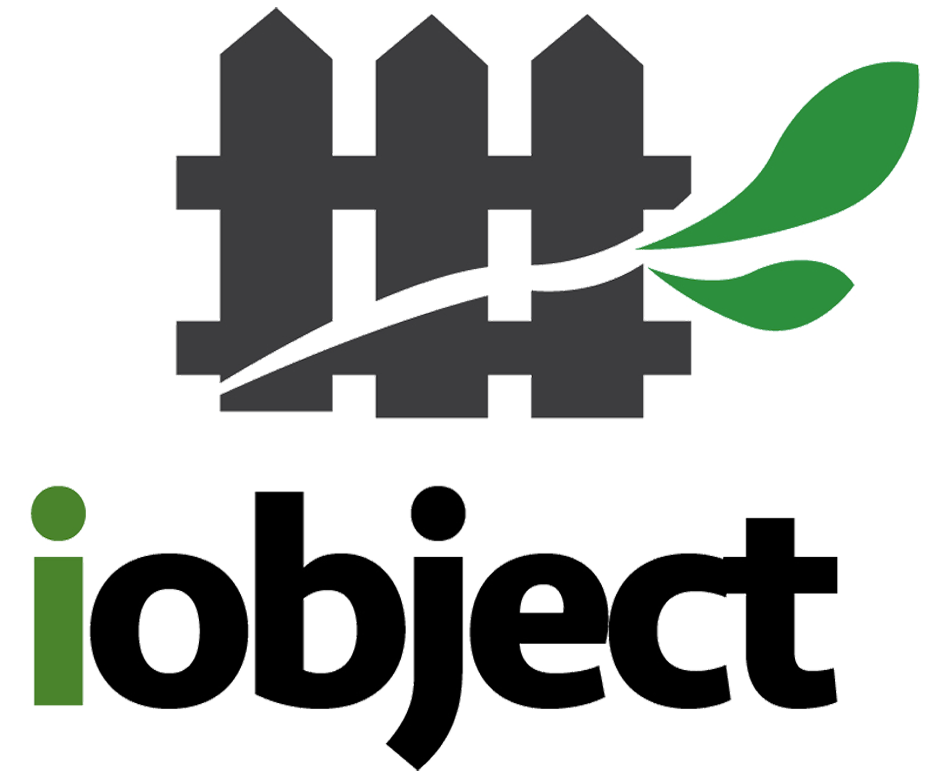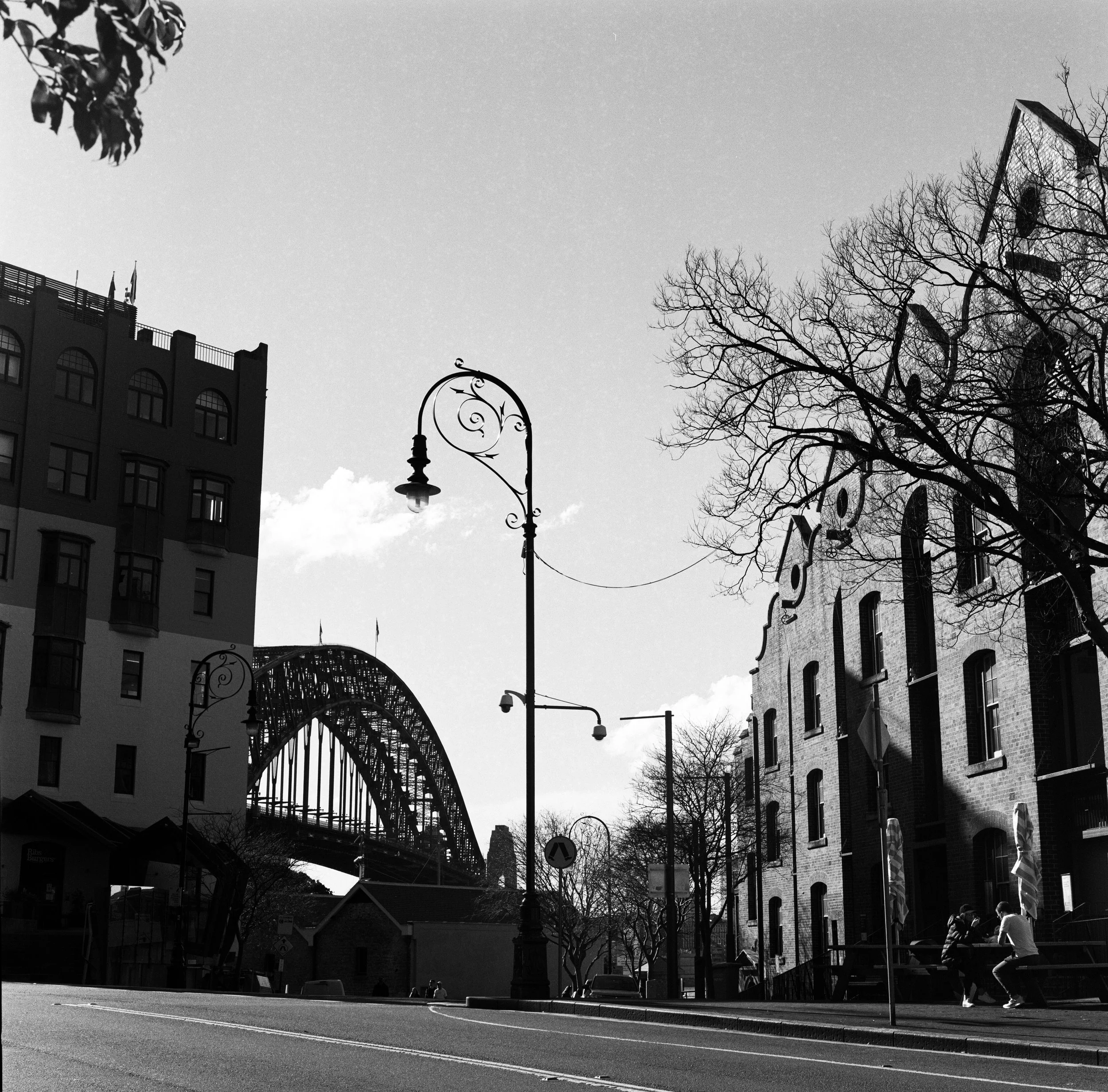Together we can protect beautiful built environments and minimise a development’s negative impacts on the enjoyment and value of your property.
iObject exists to provide expert support to protect the community from offending development. As a private consultancy, we help affected property owners to level the playing field against well-resourced developers or home-owners looking to build without concern for neighbouring properties.
We know how development can become a real problem for people living nearby without the advantage of a robust planning submission. Within the complex regulatory environment that governs development applications (DA’s), having a qualified town planner therefore in your corner can change the dynamic completely to ensure your voice is heard.
Much like self-representation in court, when neighbours choose to represent themselves on a DA matter, they may be up against a town planner representing the developer
There are many reasons, known as ‘planning grounds’ that can be used to challenge a development application in NSW under local and state regulations. If a development application doesn’t comply with Planning Controls, Council has the authority to amend or even flatly refuse an application. Unfortunately, many development application proceed through this process without full consideration of the neighbours’ rights.
At iObject, our town planners will listen to your concerns, identify the planning grounds that can be used to compose a strong planning objection, and prepare a detailed submission to local or State government defending your property rights.
Our Story
iObject began its operations in Sydney, NSW, in response to the growing need for greater expert support to protect the community from offending developments. After practicing as a town planner within the public and private sectors, iObject’s founder, Matthew Powell (RPIA) witnessed the growing number of residents being overrun by insensitive building projects without the means to resist. Well-resourced new property buyers or developers were willing to spend big on consultant town planners to maximise their development potential, often to the detriment of the local neighbourhood.
Matthew established iObject to deliver more balanced development outcomes for affected neighbours. iObject now consults on the entire planning approvals process; from Principal Objection to council, accountability and monitoring throughout the DA assessment phase, as well as representing clients before planning panels, and the Land and Environment Court.
Our experienced team utilise their tried and tested approach when advocating on your behalf to protect your home.
What sets iObject apart?
-
A detailed town planning submission based on regulatory grounds offers the most compelling way to influence council decision-makers. Devising robust rebuttals to any false or misleading claims made by the applicant’s consultants makes it much harder for a submission to be easily struck-down by council officers or even court. iObject’s extensive experience shows that on numerous occasions our arguments have been paraphrased in assessment reports, often forming the basis for council officers recommending an amended design or even refusal determination.
-
We use qualified town planners to advocate on your behalf, communicating peer-to-peer with the responsible officer assessing the development application. Our planners have built up a strong rapport with many council planners over time, such that consideration of our submissions are often given the due regard they deserve under planning law. Advocating for your planning concerns directly with the responsible officer can ensure your case is heard in a professional manner, using the same regulatory language as the assessment process. In doing so, any technical matters requiring further action by council are more likely to receive a fair hearing.
In addition, our connections with other built environment professionals, including architects, heritage experts and surveyors enables us to tap into a wealth of specialist knowledge to further protect your home.
-
iObject’s broad experience obtaining successful development outcomes for neighbours of DA’s cannot be understated. Our methodology was developed in conjunction with industry-leading figures by iObject founder, Matthew Powell (RPIA) after a long career in public and private sector planning practice. This has led to a polished approach in the way iObject scrutinises development proposals and communicates the gravity of design deficiencies when appealing to council officers for a better outcome.
iObject’s town planners have proven experience advocating for our clients’ concerns before local planning panels and the Land and Environment Court. We operate across numerous council areas throughout NSW. We have provided detailed submissions to a wide variety of planning issues, including but not limited to Heritage Conservation, Height, Floor Space Ratio, Geotechnical, Stormwater, View Loss, Privacy, Local Character and Overshadowing.
-
Development proposals can often contain architectural styles deeply out-of-step with the prevailing character of your street. This may result in a visually confronting building that is unattractive, causing a ‘visual nuisance’ that might appear jarring or unwelcoming.
Through analysing the key design elements through the lens of classical design principles, iObject is able to break down the design into its component parts. Using our innovative design review technique, iObject can provide assessment officers with the means to deal with an unsympathetic development application, in accordance with State and local government policies regulating design excellence.



